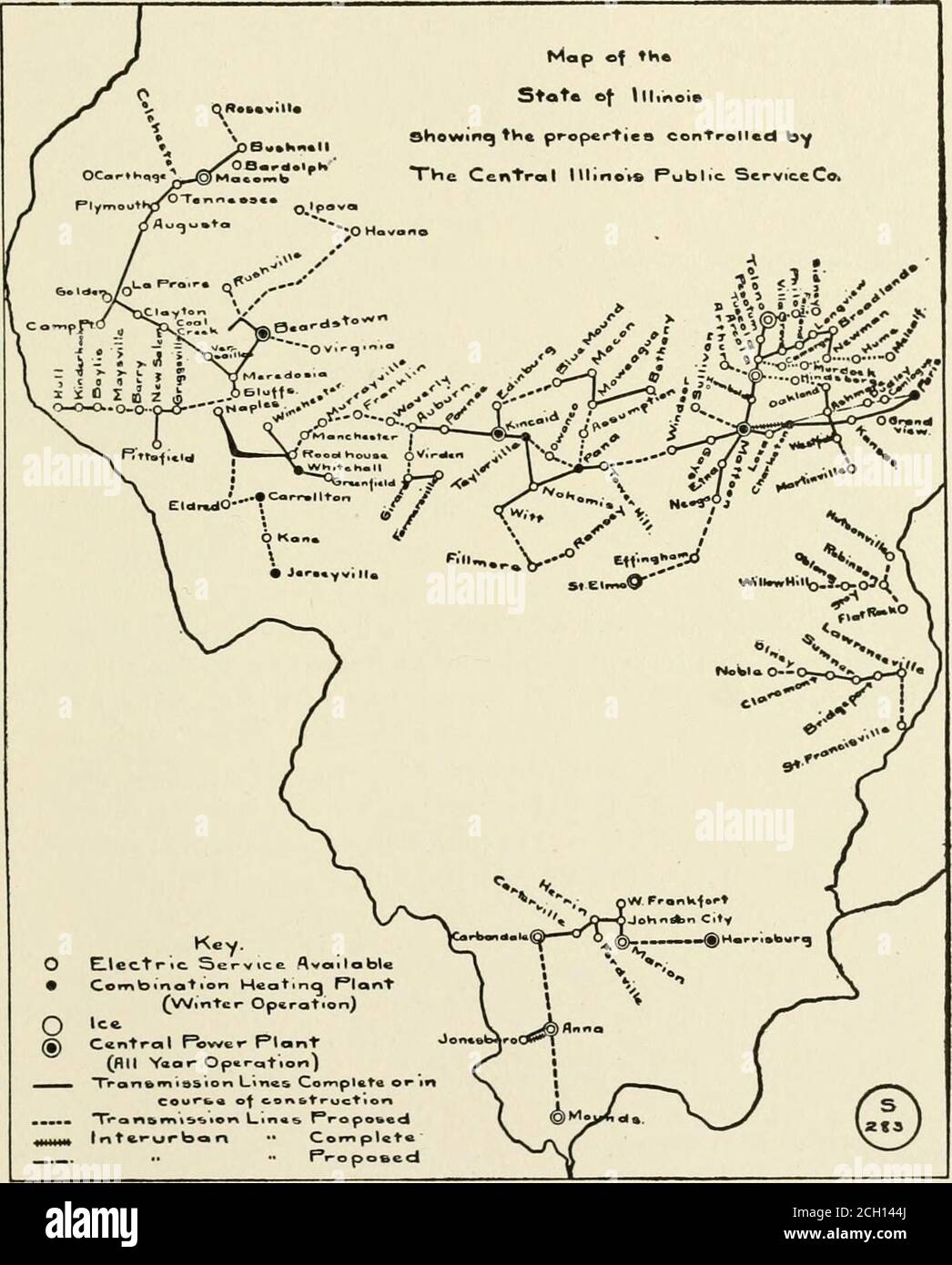. Regulation of railroads and public utilities in Wisconsin . Moreoverthe Milwaukee system buys hydroelectric power from the Kil-bourn dam, over 100 miles distant, which would be entirely be-yond city control. It is easy enough to say that the city shouldhave control within its own limits, but the Milwaukee systemserves not only the city, but a large portion of the State. The inability of a system of local control confined tonarrow limits to cope with the utility problem would ap-pear incontrovertible. There are other disadvantages. Under local controlpublic utilities may become political foot

Image details
Contributor:
Reading Room 2020 / Alamy Stock PhotoImage ID:
2CH144JFile size:
7.1 MB (291.5 KB Compressed download)Releases:
Model - no | Property - noDo I need a release?Dimensions:
1418 x 1762 px | 24 x 29.8 cm | 9.5 x 11.7 inches | 150dpiMore information:
This image is a public domain image, which means either that copyright has expired in the image or the copyright holder has waived their copyright. Alamy charges you a fee for access to the high resolution copy of the image.
This image could have imperfections as it’s either historical or reportage.
. Regulation of railroads and public utilities in Wisconsin . Moreoverthe Milwaukee system buys hydroelectric power from the Kil-bourn dam, over 100 miles distant, which would be entirely be-yond city control. It is easy enough to say that the city shouldhave control within its own limits, but the Milwaukee systemserves not only the city, but a large portion of the State. The inability of a system of local control confined tonarrow limits to cope with the utility problem would ap-pear incontrovertible. There are other disadvantages. Under local controlpublic utilities may become political footballs.2 Chicago 1 Mathews, Address at St. Paul, op. cit. 2 Wilcox, The Control of Public Service Corporations in De-troit, Annals of the American Academy of Political and SocialScience, XL, 576-592; Gray, The Gas Supply in Boston, Quar-terly Journal of Economics, XII, 419-446; XIII, 292-313; XIV, 87-120; Hotchkiss, Chicago Traction, a Study in Political Evolution, Annals of the American Academy of Political and Social Science, XXVIII, 385-404; XXXI, 619-629.. 305 306 RAILROADS AND PUBLIC UTILITIES recently waged a stirring municipal campaign over gasrates. The party out of power will promise most anyreform of a public utility, regardless of its reasonable-ness, to turn an election. State control helps to take theutility out of politics and gives outside, disinterested par-ties an opportunity to study the plant and local conditions, free from party strife and political bias, and order adjust-ments of service and rates reasonable to both the utilityand the public. The inability of local managements to adjust rates inthe past is shown by the discriminatory schedules in effectat the time the Wisconsin Public Utility Law was passed.This is another factor that militates against local control.A single case out of many that have come before the Com-mission will illustrate: The applicant in this case stated in its petition thatJ it de-sired to make such changes in its rate schedules as to